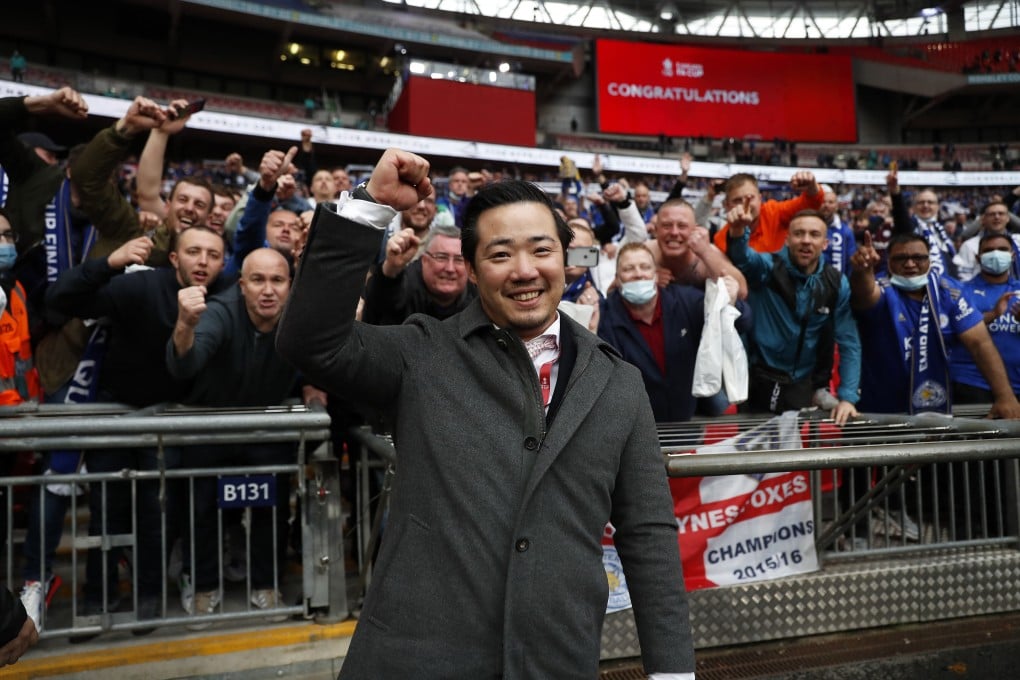Opinion | How Leicester City and Thailand’s King Power showed the English Premier League foreign ownership can work
- Savvy transfer deals, (relatively) long-lived managers and world-class training facilities under the ownership of the Srivaddhanaprabha family have helped the football club win both the Premier League and the FA Cup
- Off the pitch the owners have recognised the role clubs play in the community and donated to worthy causes. Meanwhile, the odd drop of complimentary Singha beer has helped to lubricate the fans

English Premier League football club owners are not flavour of the month right now. In the wake of the
founding and the subsequent collapse of The Super League – the breakaway competition designed to guarantee access to European football to Europe’s biggest clubs – owners have been cast as villains in a battle for football’s soul.
Fan reaction to the competition’s conception on Sunday April 18 was swift and severe, prompting the six clubs to formally withdraw within 48 hours. Fan anger continued, resulting in the postponement of Manchester United’s home game to Liverpool on Sunday May 3 as fans broke into Old Trafford to protest about their owners’ stewardship of the club.
Meanwhile, 160km (100 miles) south of Manchester, Leicester City Football Club were applying to the City Council for planning permission for a statue to honour their late owner, Vichai Srivaddhanaprabha who died tragically in a helicopter accident at the club’s ground in 2018.
A covering letter submitted with the plans, said the statue “aims to both respect the legacy of Vichai Srivaddhanaprabha and enhance the overall experience for supporters visiting the King Power Stadium”.

